California set aside a whopping $24 billion to take on its escalating homelessness problem.
Yet, a recent audit has cast a spotlight on a critical gap – the state’s follow-through on tracking this massive investment’s actual impact leaves much to be desired.
The Challenge of Homelessness in California
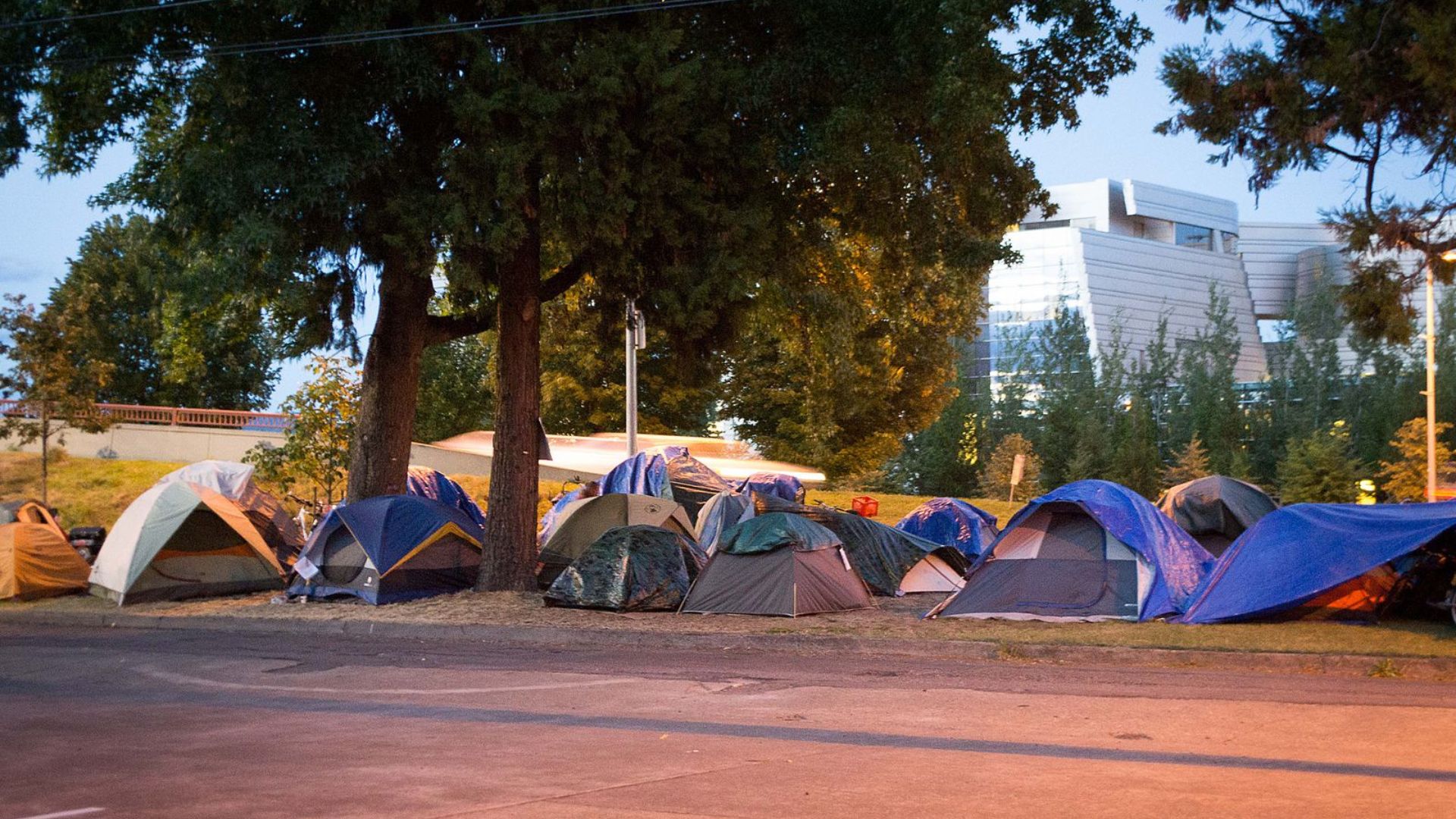
Across California homelessness has become an increasingly urgent problem.
With around 171,000 people currently homeless, the state accounts for about 30% of the entire homeless population in the United States.
Evaluating the Effectiveness of Funds Allocated
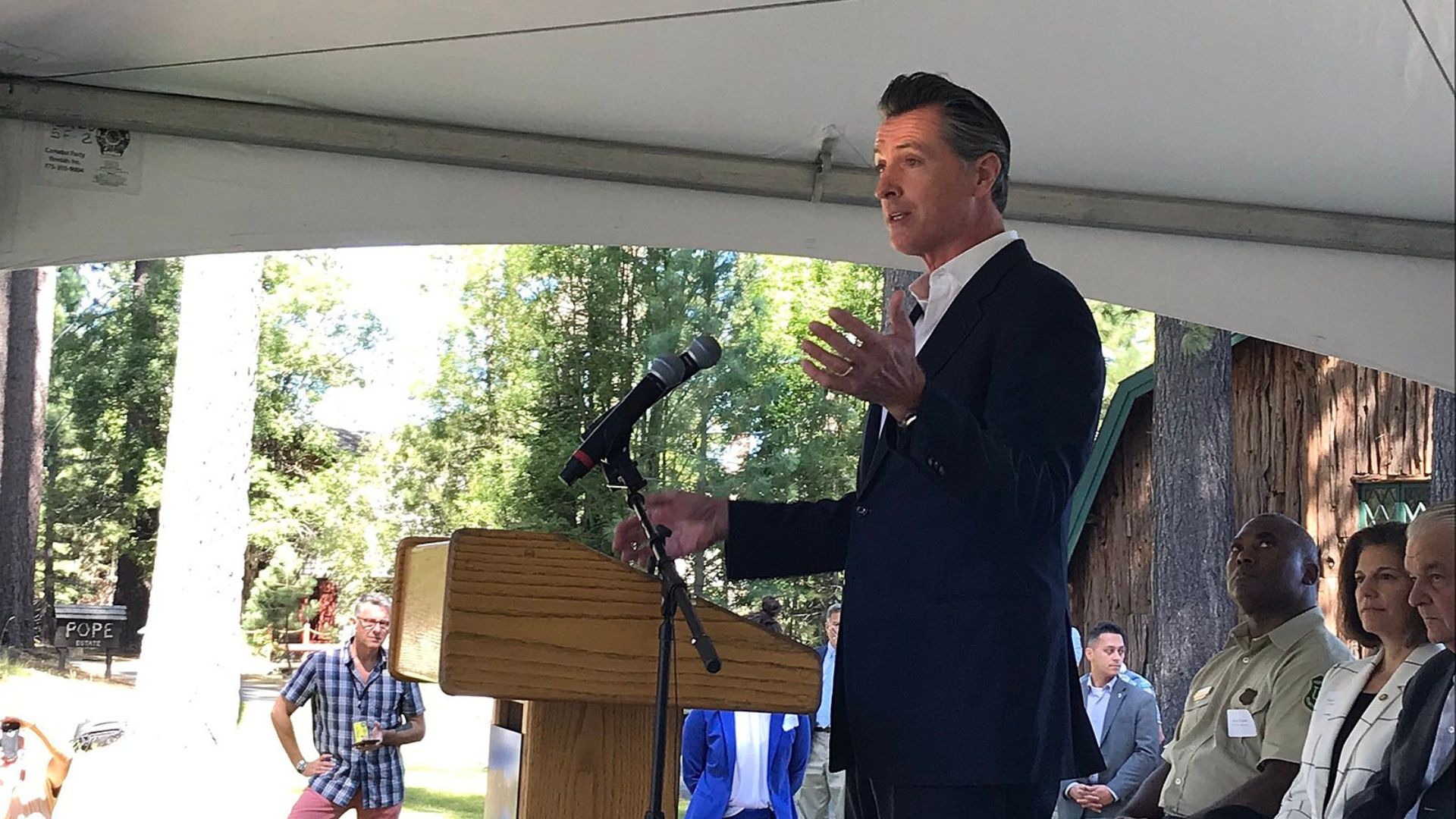
NBC Bay Area reports that billions have been poured into over 30 targeted programs to curb homelessness, yet the anticipated improvements remain to be seen.
Auditors are now taking a closer look, aiming to understand the true impact of these financial efforts.
The Auditor Raises the Alarm
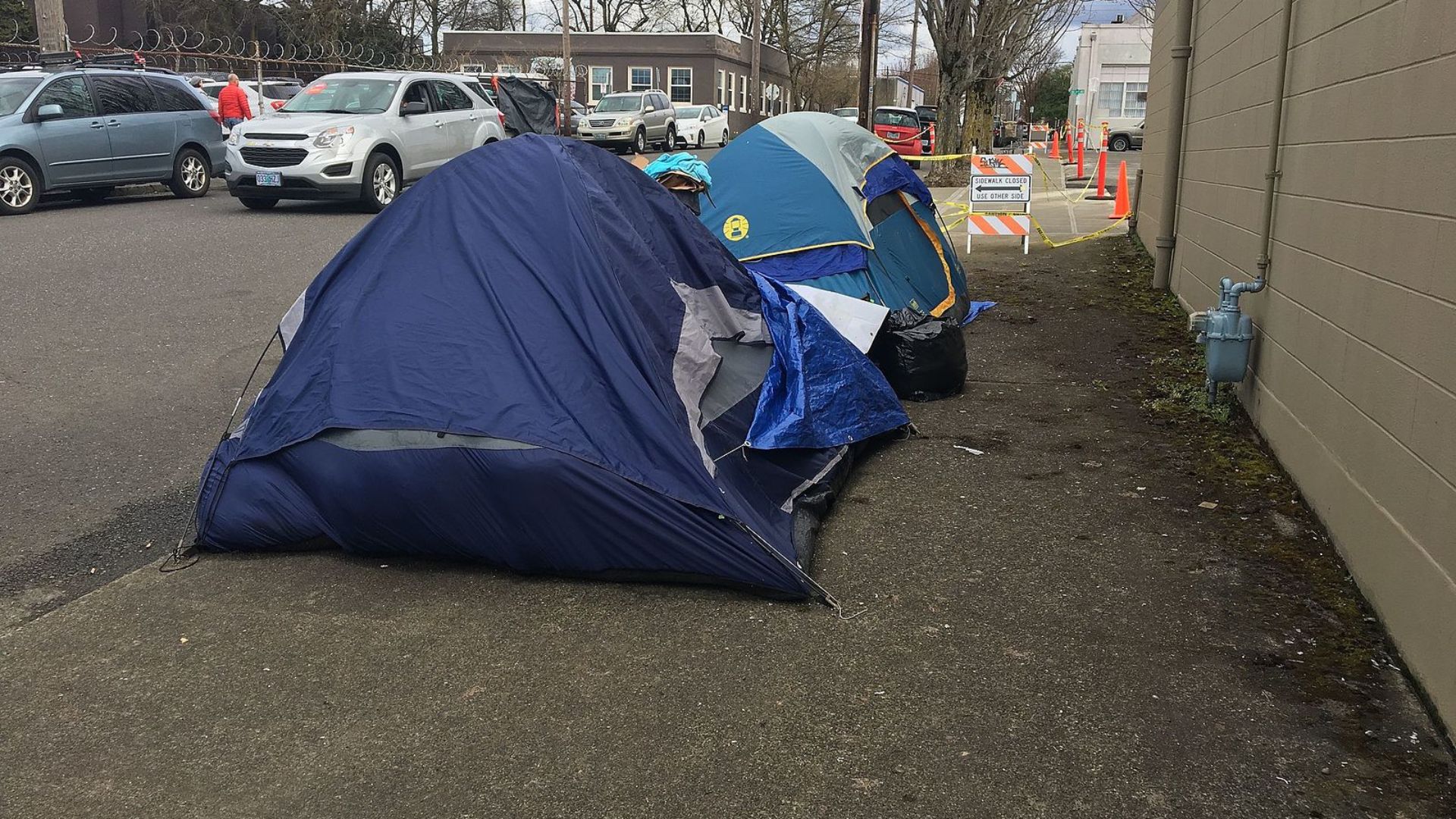
Grant Parks, the State Auditor, has not held back in calling for a more rigorous examination of how California’s funds are being spent in the battle against homelessness.
In a letter to Governor Newsom and lawmakers, he wrote “This report concludes that the state must do more to assess the cost-effectiveness of its homelessness programs.”
Glimmers of Hope Amongst the Efforts
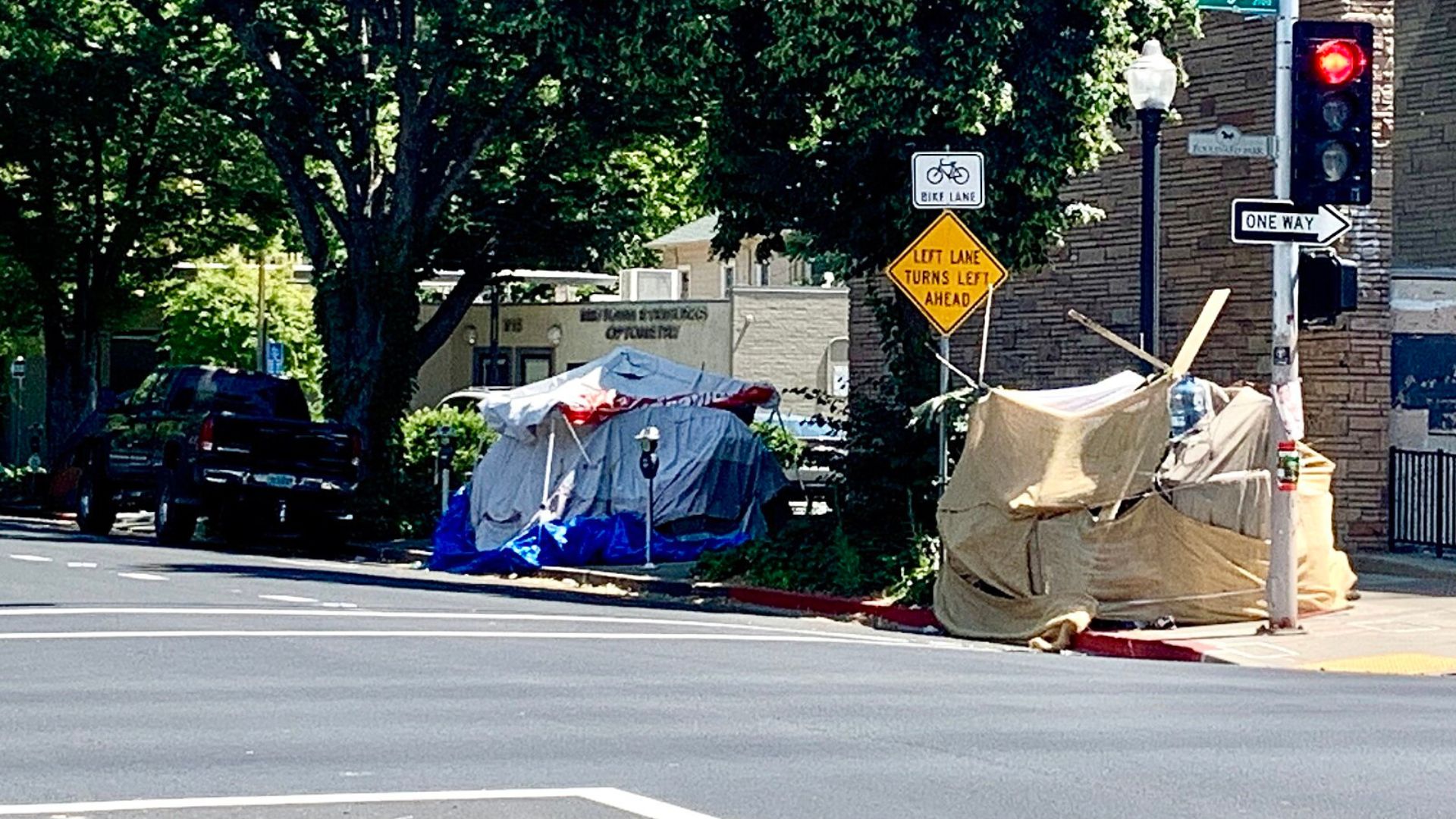
Amidst the array of funded programs, a few stand out for their promise.
According to CBS News, initiatives converting hotels into permanent housing and others offering crucial housing assistance to families at risk of homelessness have emerged as cost effective solutions.
The Cost-Effectiveness Question
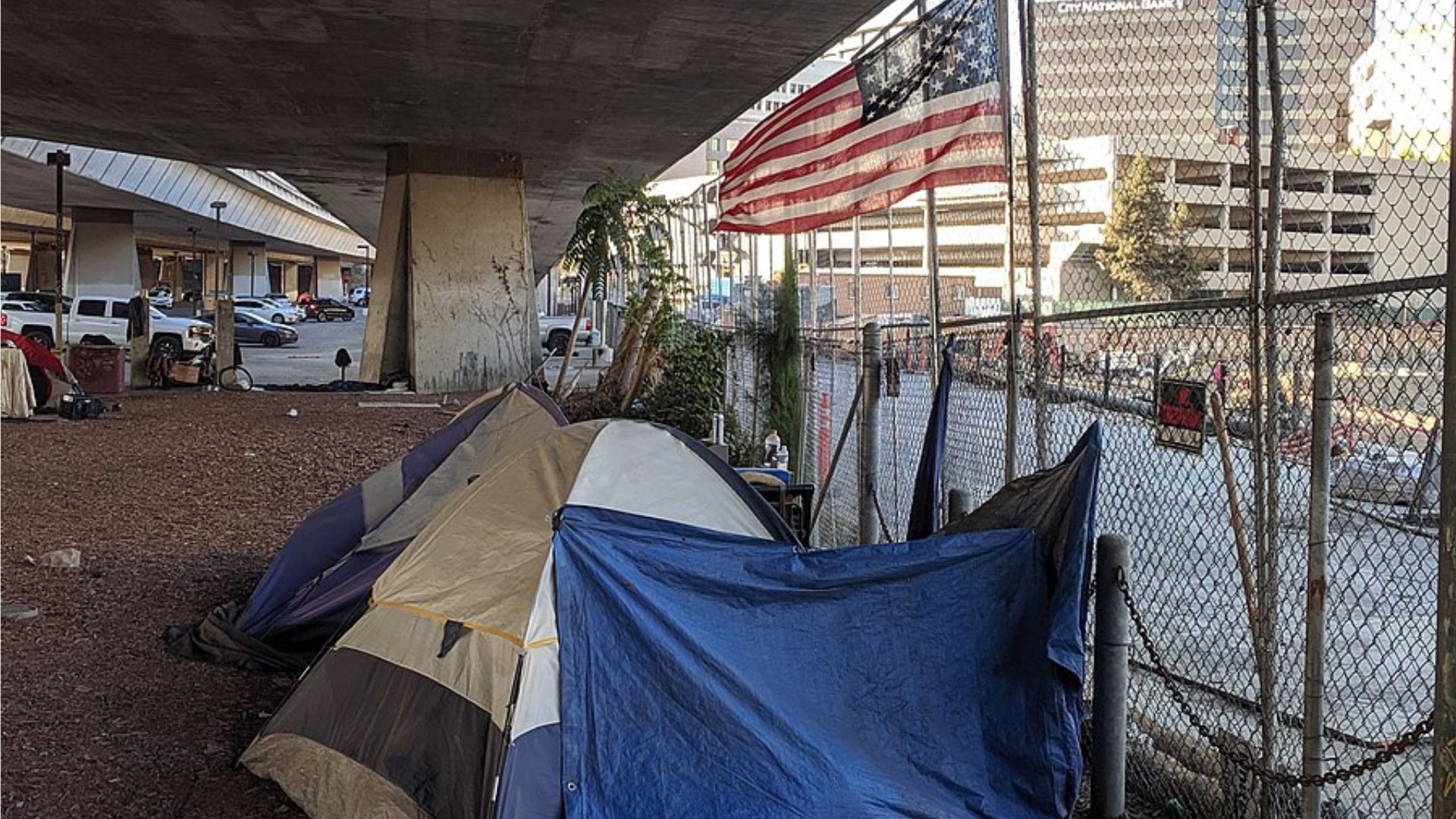
A notable finding from the audit is the potential for significant savings through innovative approaches, such as hotel conversions, which is at least 2.5 times cheaper compared to the traditional costs of new construction.
This strategy, alongside direct financial assistance to families, presents a compelling alternative to more costly interventions.
The Dilemma of Missing Data
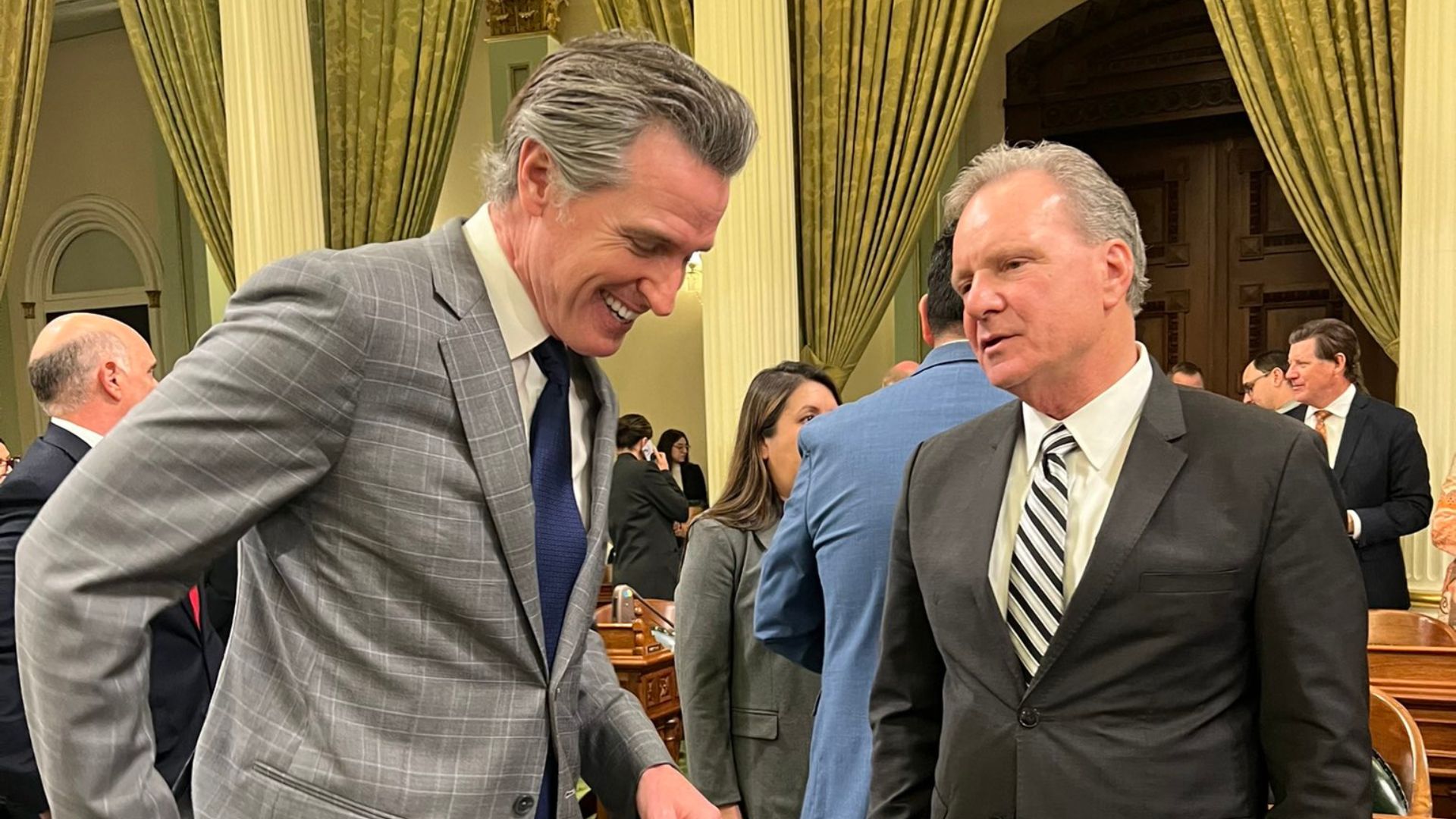
Senator Dave Cortese has highlighted a concerning issue – a stark “data desert” that complicates efforts to navigate and refine the state’s approach to homelessness.
He said, “Despite (the auditor office’s) professionalism and best efforts, they are at this time unable to … draw conclusions about things like whether or not overhead is appropriate or too high.”
Charting Progress and Challenges
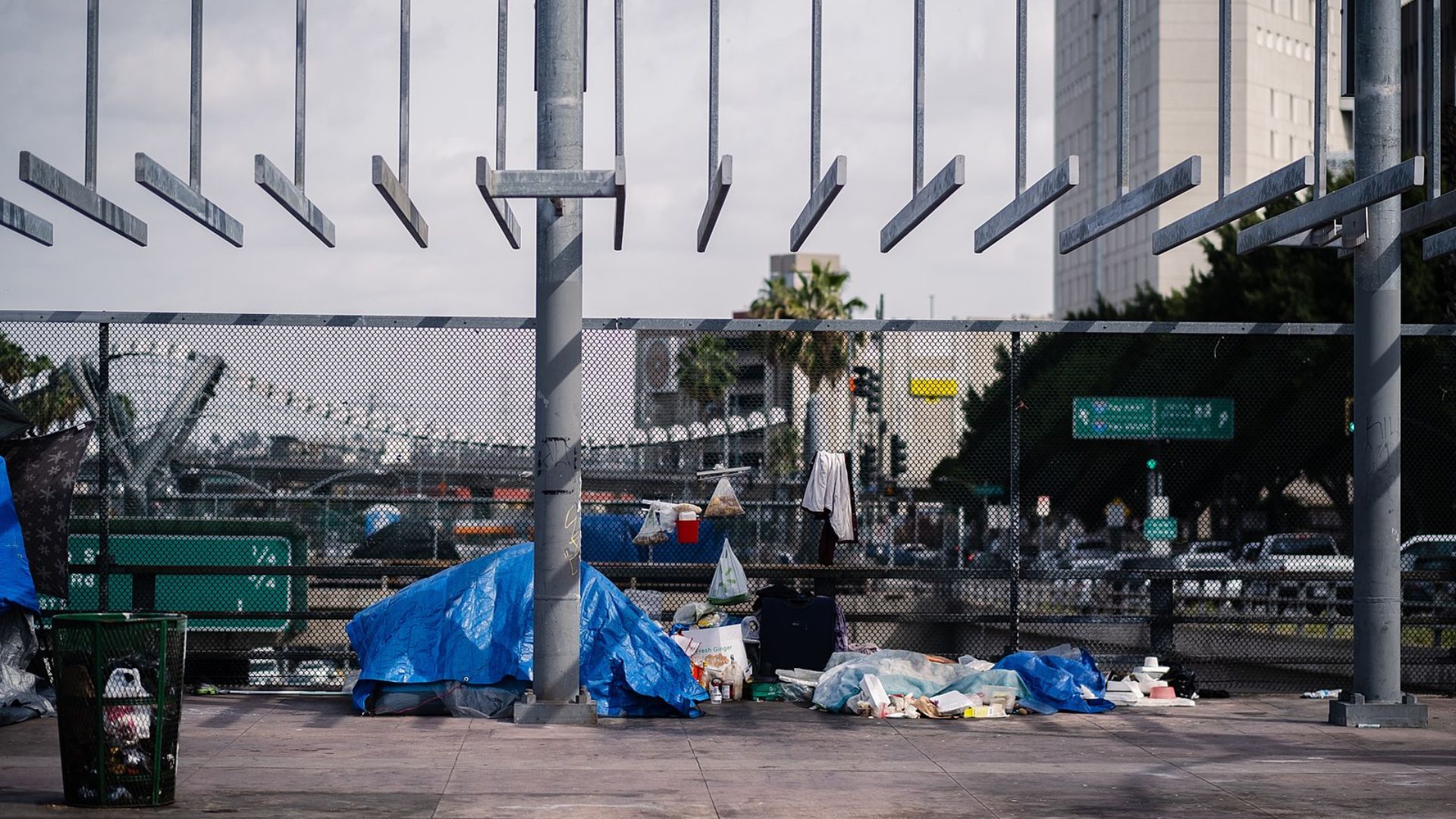
In the wake of the audit, Russ Heimerich spoke up about the strides made since a 2021 mandate required tighter data collection.
He said, “The State Auditor’s findings highlight the significant progress made in recent years to address homelessness at the state level, including the completion of a statewide assessment of homelessness programs. But it also underscores a need to continue to hold local governments accountable, who are primarily responsible for implementing these programs and collecting data on outcomes that the state can use to evaluate program effectiveness.”
A Unified Call for Accountability
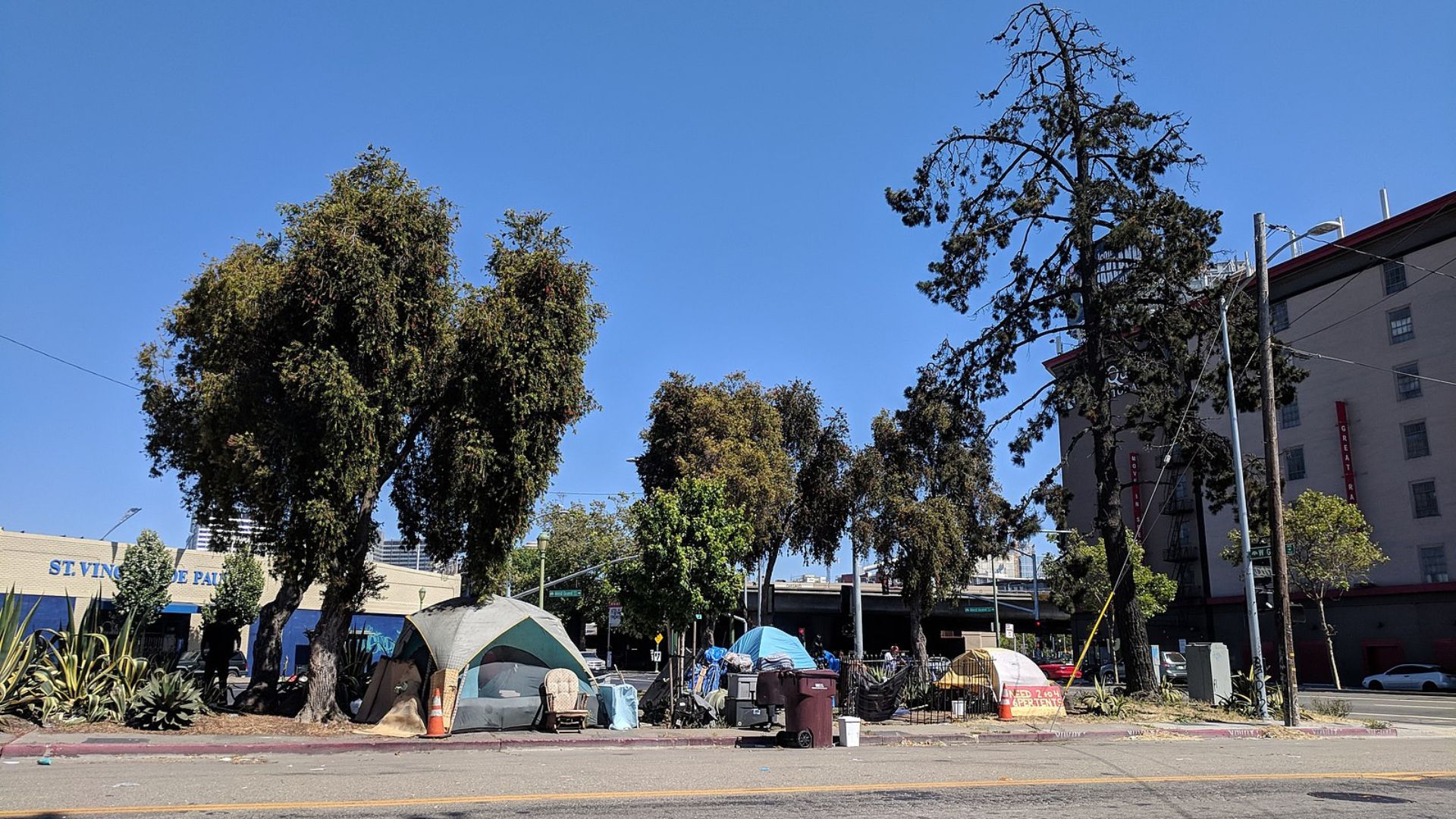
Amidst growing frustrations, there’s a bipartisan call for heightened accountability and a smarter, more strategic deployment of resources aimed at tackling homelessness.
Republican state Sen. Roger Niello, said “California is facing a concerning paradox: despite an exorbitant amount of dollars spent, the state’s homeless population is not slowing down. These audit results are a wake-up call for a shift toward solutions that prioritize self-sufficiency and cost effectiveness.”
Newsom’s Fight Against Homelessness
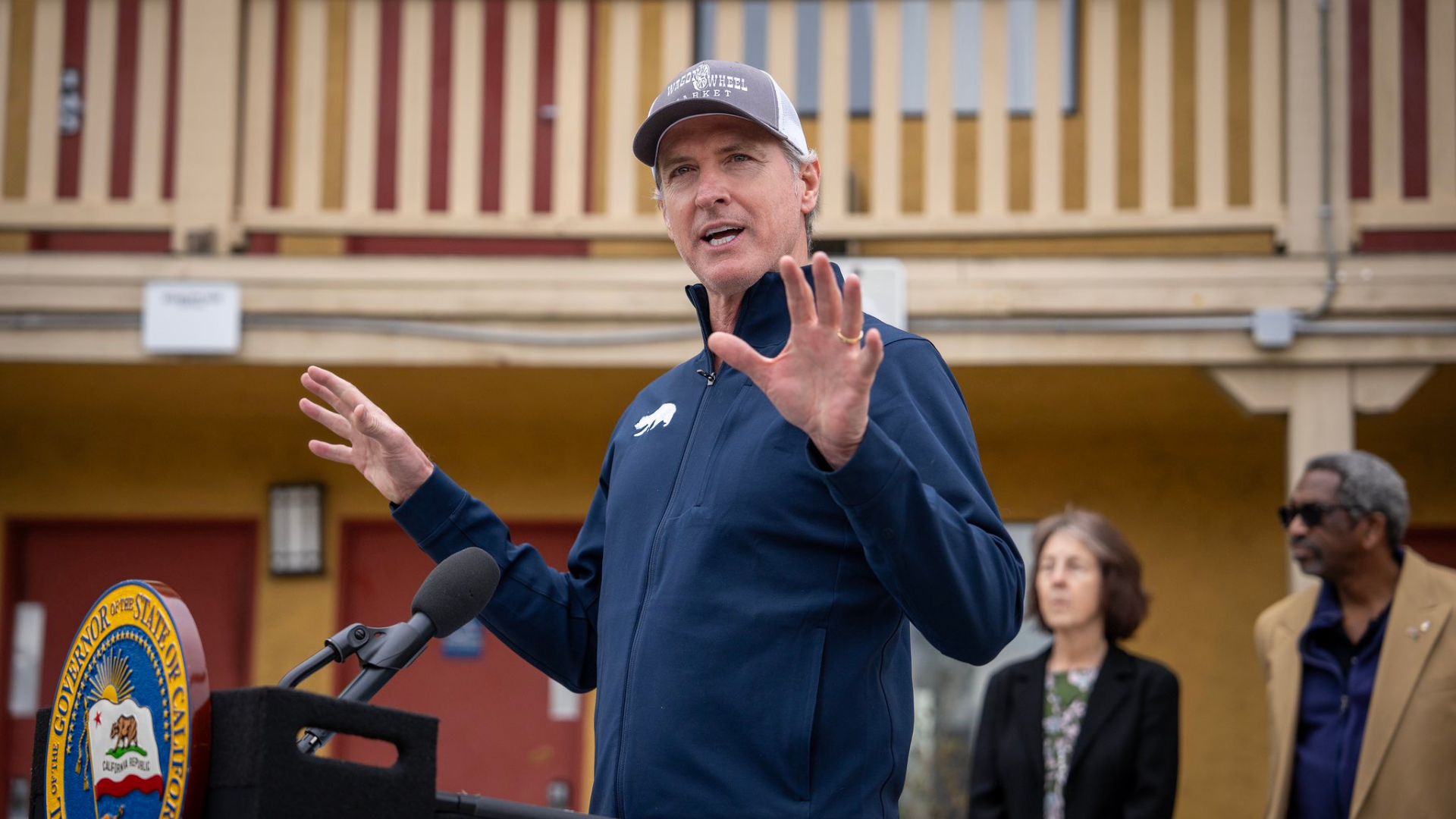
Governor Gavin Newsom has prioritized tackling the problem of homelessness.
He’s championed legislation aimed at addressing behavioral health issues and strongly supported proposition 1, now approved by voters, mandating counties to allocate funds specifically for housing and drug treatment programs.
Legislators Call for Clarity
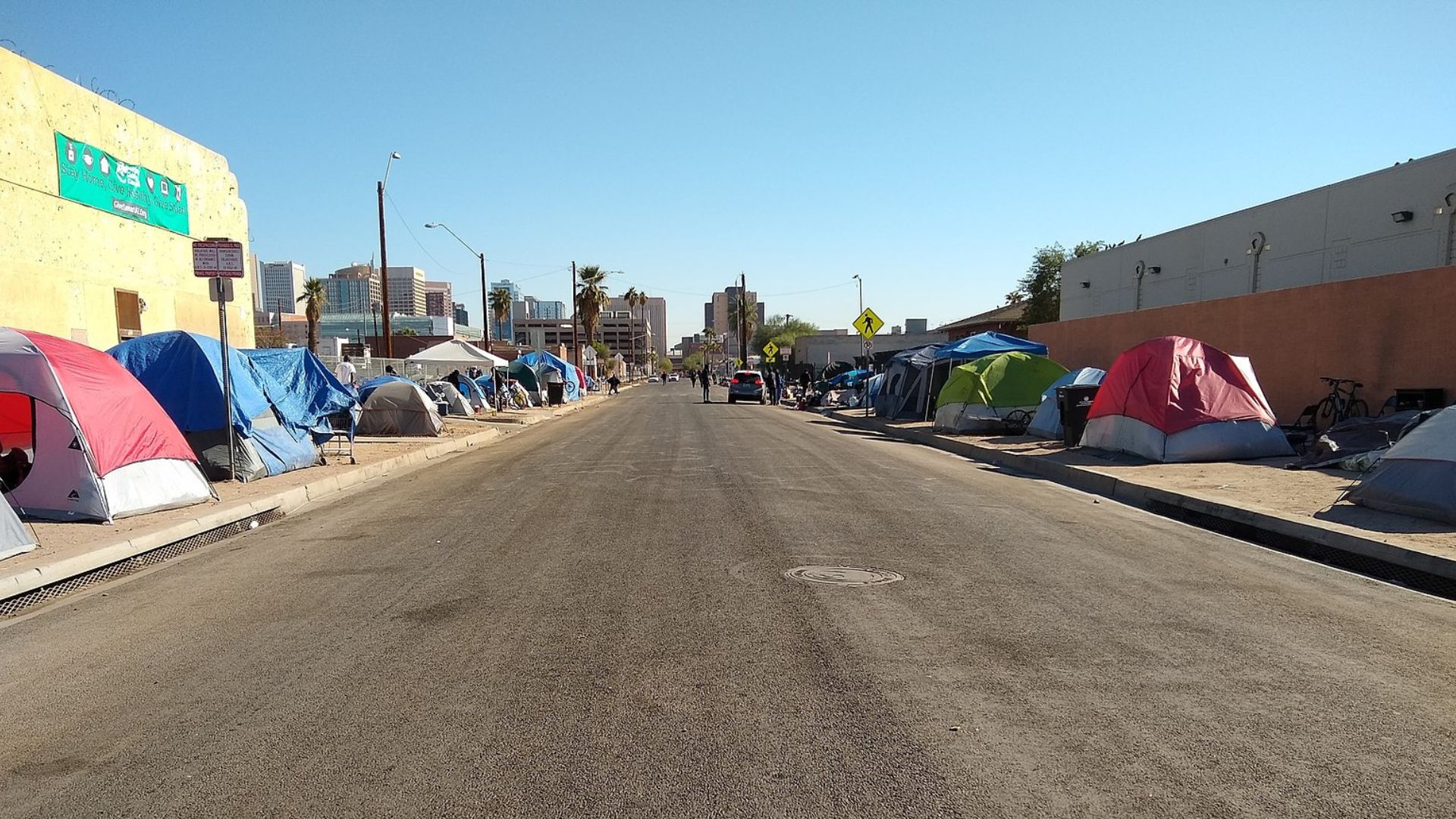
The urgency of the homelessness crisis has bipartisan lawmakers calling for action.
The LA Times reports that they want to see tighter controls on how homelessness funding is reported, ensuring that every dollar spent is accounted for and its impact clearly understood.
Looking Ahead
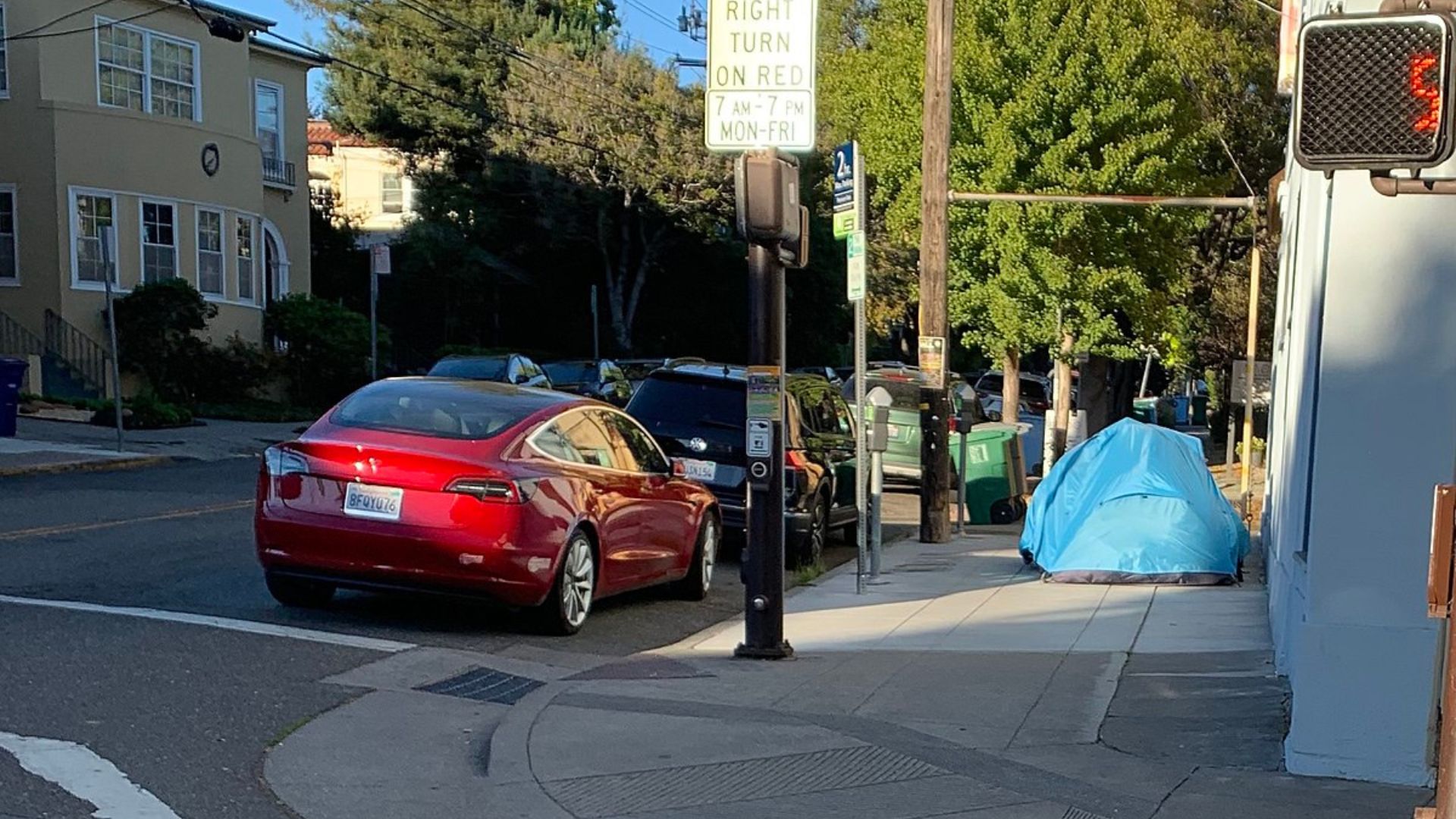
The audit doesn’t just lay out the current state of affairs; it calls for a shift towards better oversight and more concrete evaluations.
With most program participants finding themselves in temporary rather than permanent housing, the need for change is clear. Assemblymember Gregg Hart has revealed an oversight hearing is scheduled to “further investigate” the findings of the audit.
